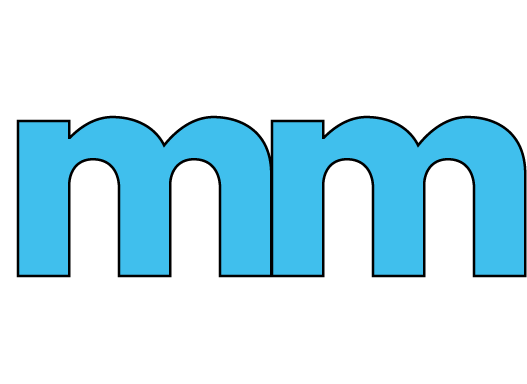This post was originally commissioned for the Career Academy Blog for the Digital Citizenship Week celebration that we had. You can read the original post here.
Welcome to Digital Citizenship Week at the Career Academy!
Being a good digital citizen is not really all that different from being a good citizen, except when working with a keyboard or from behind a monitor we lose sight of what it means to be a good citizen. In a report developed by the Alberta Minister of Education’s office, entitled Digital Citizenship Policy Development Guide, defines an ethical citizen as one:
“who builds relationships based on humility, fairness and open-mindedness; who demonstrates respect, empathy, and compassion; and who through teamwork, collaboration, and communication contributes fully to the community and the world.”
Digital Citizenship week is a guide for staff, students, and families to appropriately use technology.
In the 2005 book, The World Is Flat, written by Thomas L. Friedman, a New York Times journalist, argues that employers are constantly looking for employees with certain skills, including communication, collaboration, and critical thinking. In schools, we are constantly trying to add new technologies into our instruction, to develop these skills and abilities. We are consistently trying to teach the ideas of just good citizenship, and these skills will be necessary in our ever evolving economy. One of the major parts of this is understanding the impact that our words and actions have online.
Many employees have lost their jobs over social media posts. Things that an employee may think are funny or a joke, can offend to the point where they lose their job. There was an example of the women who tweeted before her flight took off to South Africa that had lost her job somewhere over the Atlantic. The teacher who posted inappropriate pictures and comments who lost her job in Colorado. The comedian who voiced the Aflac Duck lost his job over a tweet. While I understand the people of the United States are easily offendable, and seemingly more with each passing day, we live in this society and must respond. We need to think of the impact our words and actions may have on others. We must practice good citizenship regardless of where we are.
Digital Citizenship Week is set forth to help us understand what it means to be a good citizen, to practice safe online communications, and assure that we are still able to learn the skills that employers are looking for. During the course of this week, the world will be discussing these ideas on social media. If you want to check out more of the discussion around the world, check out the following hashtag: #DigCit. Join in the conversation about what’s appropriate online.
Want tips to talk with your students about social media?
